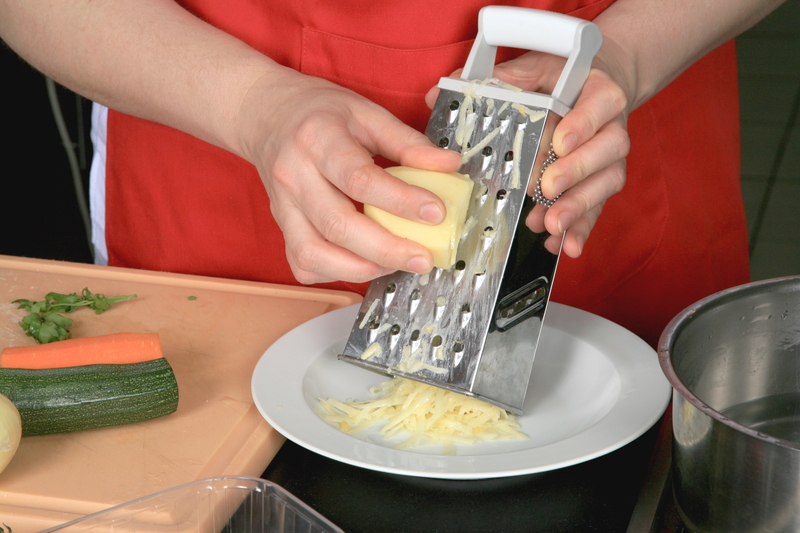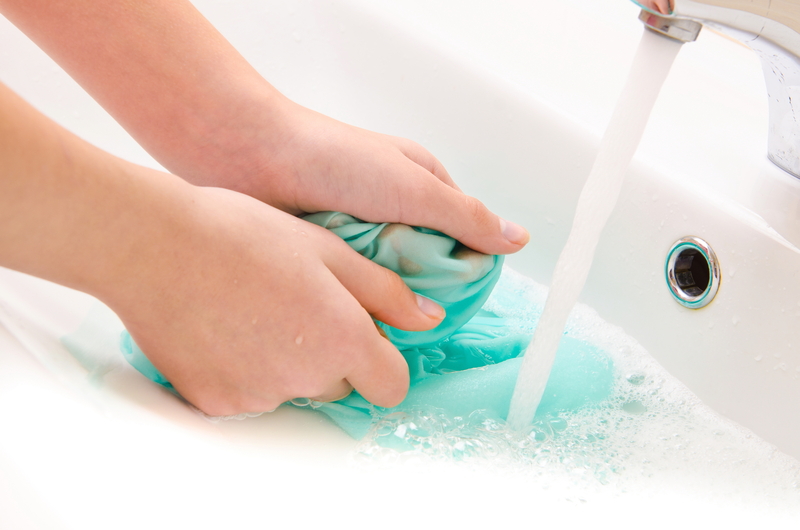Floor Cleaning How-Tos
Posted on 04/11/2024
Floor Cleaning How-Tos
Keeping your floors clean is crucial for maintaining a healthy, attractive home. This comprehensive guide will introduce you to different floor cleaning techniques, helping you achieve a sparkling finish on any surface.
Types of Floor Surfaces
Before diving into the cleaning process, it's important to understand the type of floor surface you're dealing with. Some common types include:
- Hardwood
- Tile
- Laminate
- Vinyl
- Carpet

General Floor Cleaning Tips
No matter the type of floor, certain strategies apply across the board:
- Vacuum or sweep regularly to prevent dirt build-up.
- Use door mats to reduce the amount of dirt brought inside.
- Avoid harsh cleaning chemicals that could damage your flooring.
Cleaning Hardwood Floors
Hardwood floors demand special care to maintain their natural beauty. Follow these steps:
- Dusting: Use a soft-bristle broom or a microfiber dust mop.
- Vacuum: Ensure your vacuum has a hard floor setting to avoid scratches.
- Mopping: Use a damp mop with a pH-neutral cleaner. Avoid excessive water which can cause warping.
Remember to polish your hardwood floors periodically to keep them looking new.
Cleaning Tile Floors
Tile floors are durable and easy to clean. Here's how to maintain them:
- Sweeping: Use a soft broom to avoid scratching the tiles.
- Mopping: Use a mix of warm water and mild detergent. Rinse thoroughly to remove soap residue.
- Grout Cleaning: Stubborn stains in the grout can be tackled with a baking soda paste and a toothbrush.
Cleaning Laminate Floors
Laminate floors mimic the look of hardwood but are easier to clean:
- Sweep or Vacuum: Regularly remove debris with a broom or vacuum.
- Mopping: Use a damp mop with a laminate floor cleaner. Avoid excessive water which can seep into seams and cause damage.
Cleaning Vinyl Floors
Vinyl is a versatile and resilient flooring option. Maintain it with these tips:
- Sweeping: Frequently sweep to remove dirt and prevent scratches.
- Mopping: Use a non-abrasive floor cleaner diluted in water. Avoid abrasives that can scratch the surface.
Cleaning Carpet
Carpets require regular maintenance to stay fresh:
- Vacuuming: Vacuum at least twice a week to remove dirt and debris.
- Spot Cleaning: Address spills immediately with a mild carpet cleaner.
- Deep Cleaning: Schedule professional cleaning annually or use a rental machine.
Pros and Cons of Different Floor Cleaning Methods
Pros:
- Regular cleaning improves home hygiene and aesthetics.
- Prolongs the lifespan of your flooring.
- Different methods cater to different floor types ensuring optimal results.
Cons:
- Some cleaning methods can be time-consuming.
- Improper techniques may damage the floor.
- Professional cleaning services can be costly.
Tips for Better Floor Cleaning
- Test a new cleaner on a small area first.
- Avoid mixing different cleaning agents.
- Adhere to manufacturer guidelines for specific floor types.

Takeaways
- Identify the type of your floor before choosing a cleaning method.
- Regular maintenance is key to extending the life of your floors.
- Use appropriate tools and products for the best results.
Conclusion
Effective floor cleaning not only enhances the beauty and longevity of your floors but also contributes to a healthier living environment. By understanding the unique needs of different flooring types and adopting proper cleaning techniques, you can ensure your floors remain in top condition for years to come.





